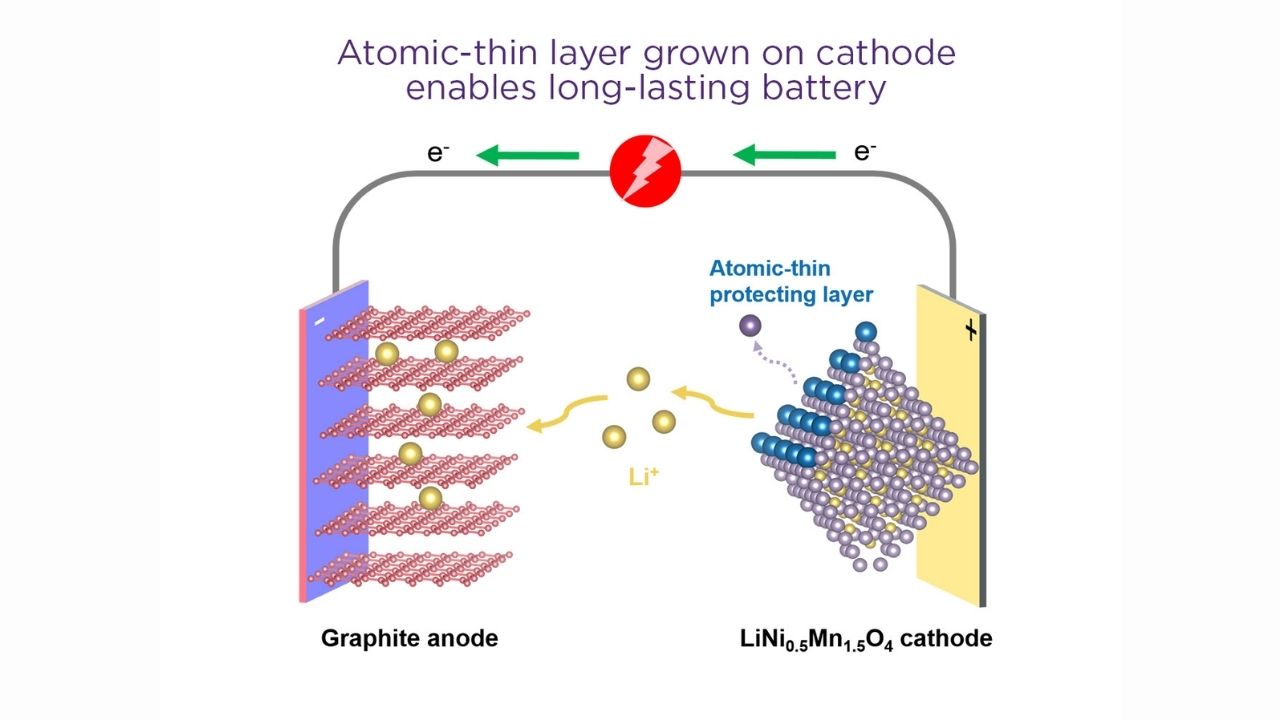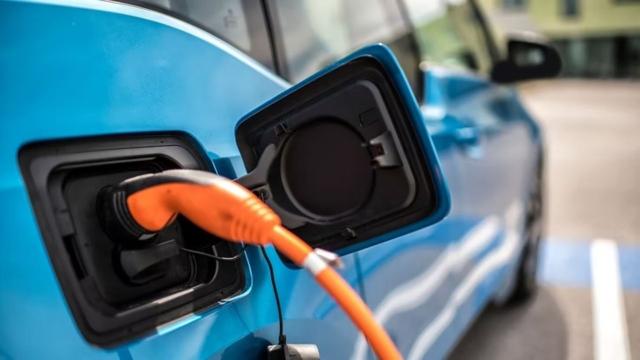Scientists from the University of Queensland (UQ) say they have worked out a way to more than double the lifespan of lithium-ion batteries.
Lithium-ion batteries are most commonly used in electric vehicles, smartphones and most consumer technology – if your device has an internal battery, it’s likely made of lithium-ion.
Knowing this, you’re probably aware of how quickly a phone battery can decline in quality once you’ve owned it for several years. The same thing happens to all lithium-ion batteries, from laptops to electric vehicles, varying depending on the size of the lithium-ion battery.
Well, this research from UQ demonstrates a lithium-ion battery that can remain stable for more than 1,000 charge and discharge cycles (as in, 1,000 full batteries). For context, iPhone owners can typically expect 500 charge cycles before battery quality starts to noticeably decline. The university says that the technology could be used for smartphones, however EV batteries would be a natural next step.
For comparison, the Tesla Model 3, the most popular electric vehicle in Australia, can deal with about 1,500 charge cycles before battery degradation becomes noticeable.
“Our process will increase the lifespan of batteries in many things from smartphones and laptops, to power tools and electric vehicles,” says Professor Lianzhou Wang, one of the researchers from UQ’s School of Chemical Engineering and the Australian Institute for Bioengineering and Nanotechnology.
“This new approach features a minimal protective coating at a scalable process, paving the way for the deployment of these abundant high-voltage materials for next-generation high energy batteries.”
This research leverages nanotechnology to provide a longer lifespan than a standard lithium-ion battery, increasing how long it takes before a drop in quality becomes obvious. Nanotechnology sounds just about like what it is – science and technology on a nanoscale.

“We’ve designed a uniquely-grown atomic-thin functional layer on the surface of a high-voltage cathode, which is the source of lithium ions and a critical aspect that limits the cycle life in a battery,” added Wang.
“We’re confident the nanotechnology will have widespread applications across industry, including in consumer electronics, electric vehicles and the energy storage sector.”
Battery degradation is one of the main concerns people have with electric vehicles, however, research like this could put an end to that worry. If the lifespan of lithium-ion batteries could be doubled, then we could see an end to battery degradation concerns.
Lithium-ion technology is expected to become more important over the coming years as we move on from fossil fuels and over to renewables. It has been expected that we could face a lithium shortage at some point.
If you’d like to read all about this research, it has been published in Nature Communications.
